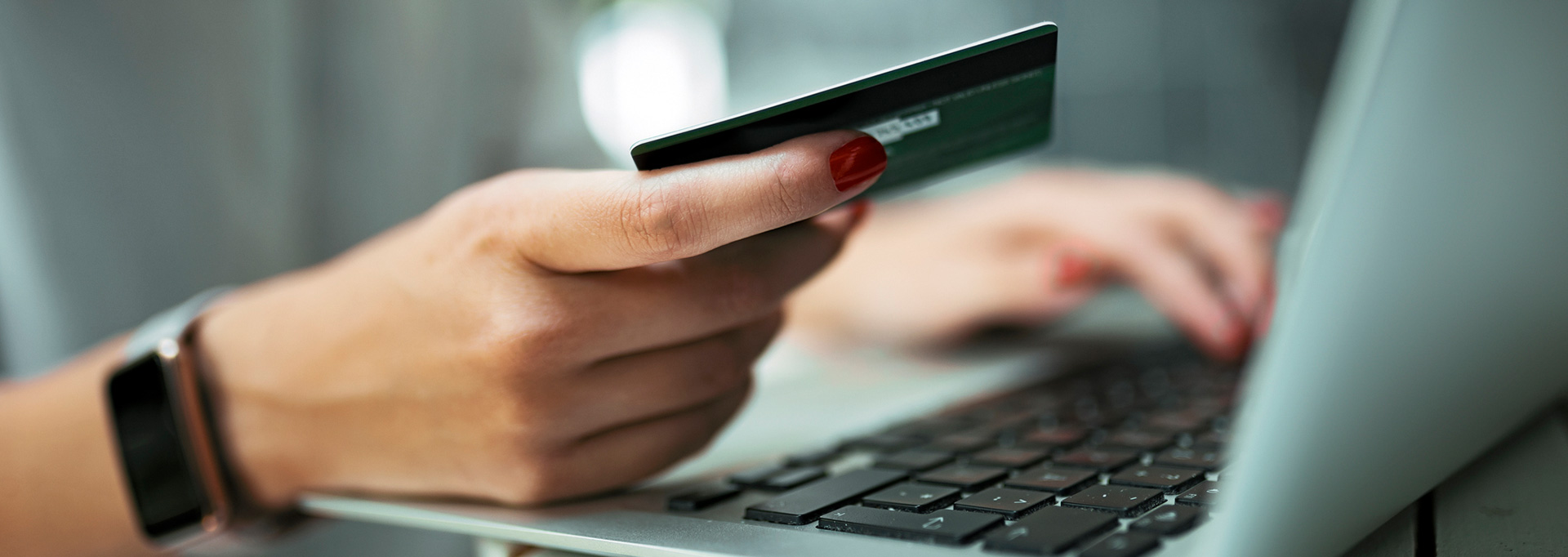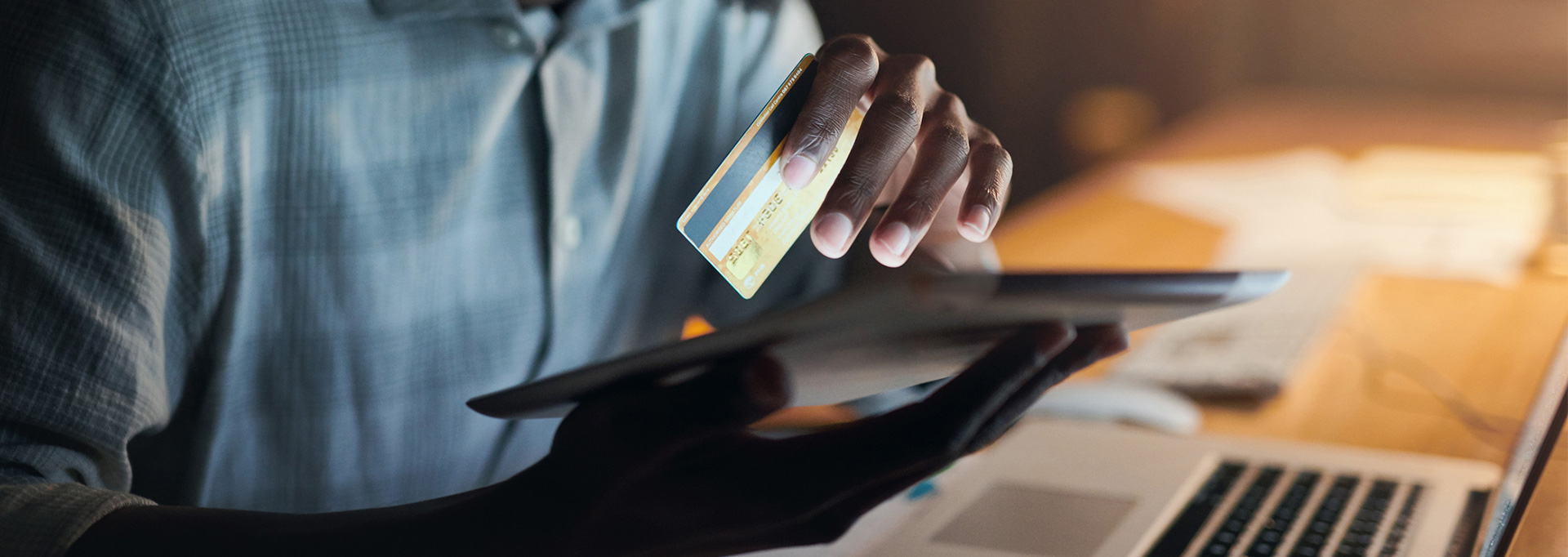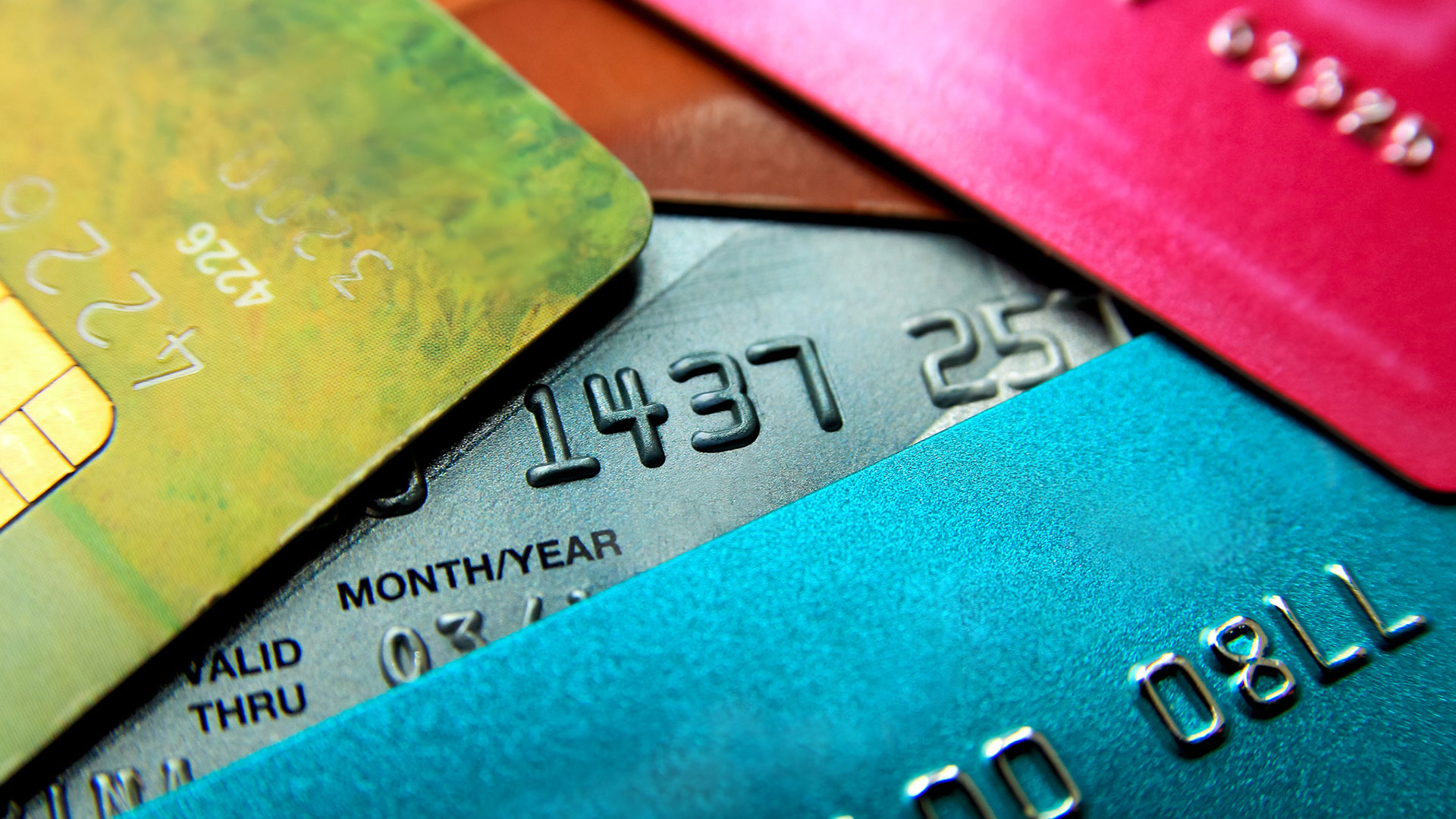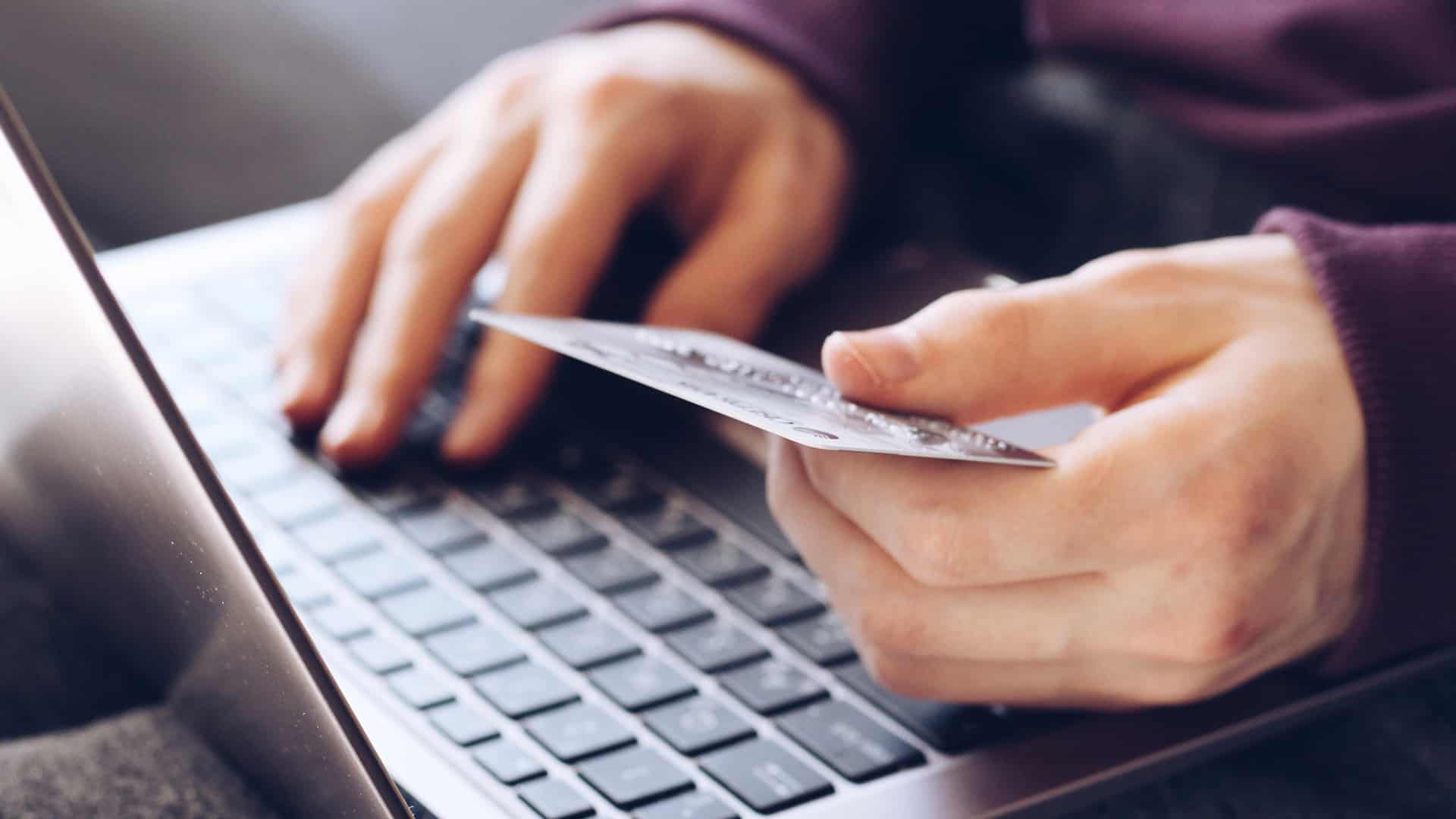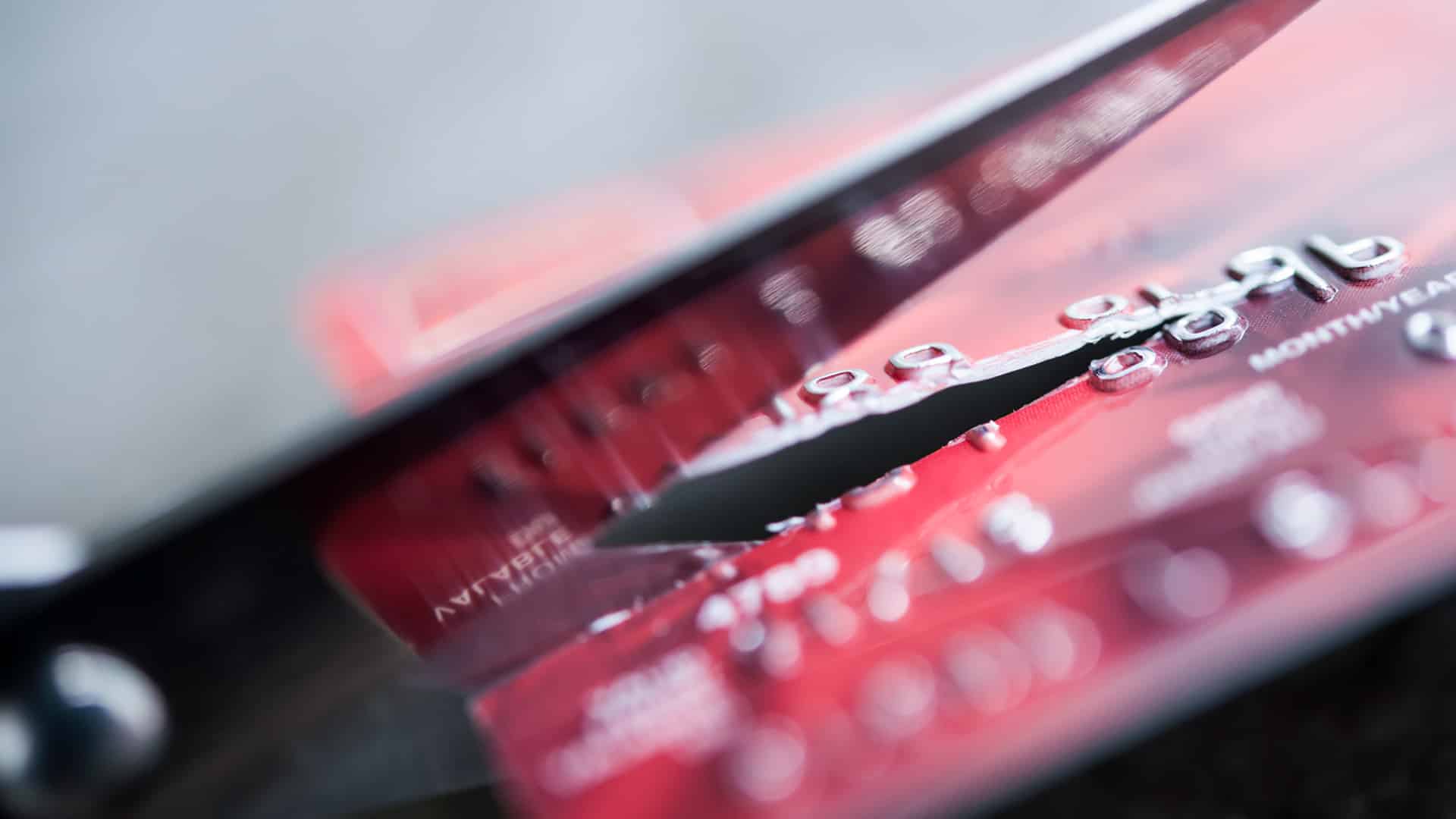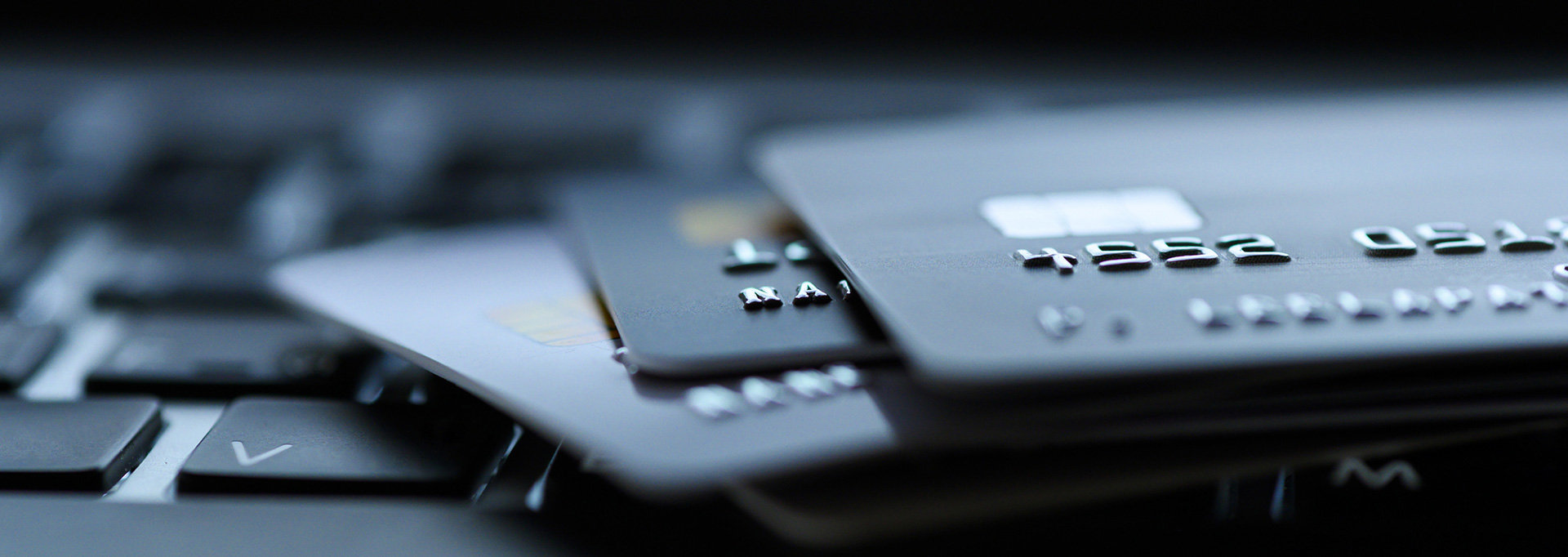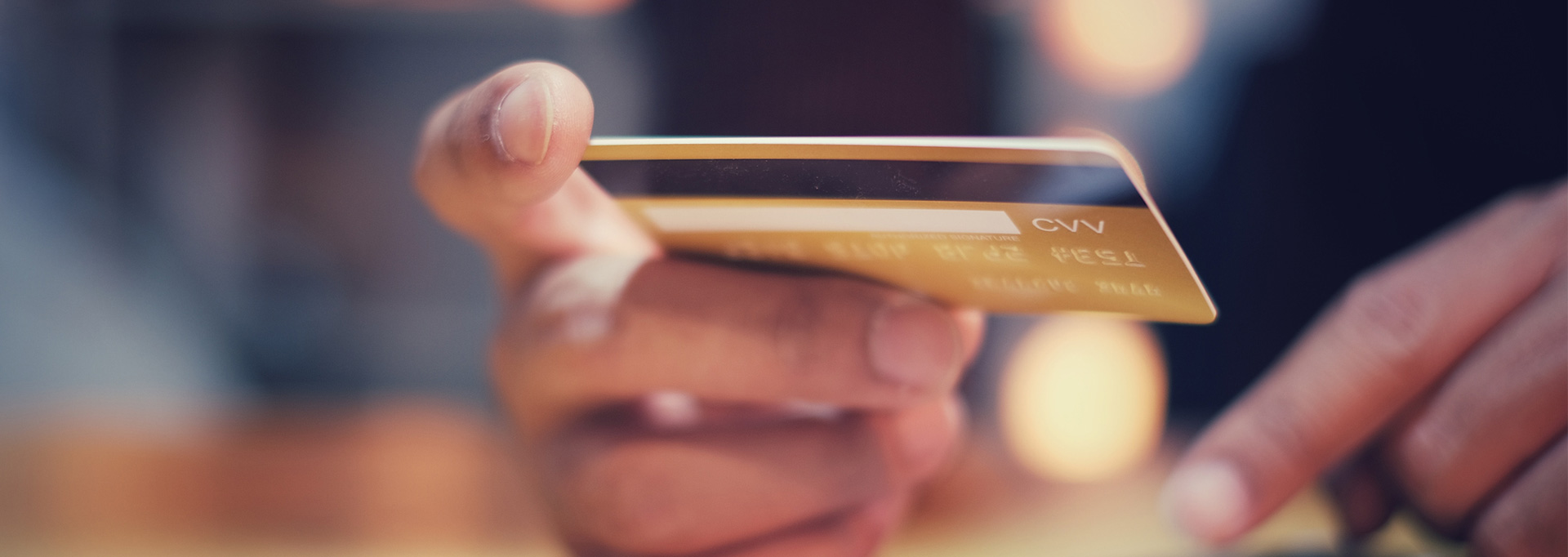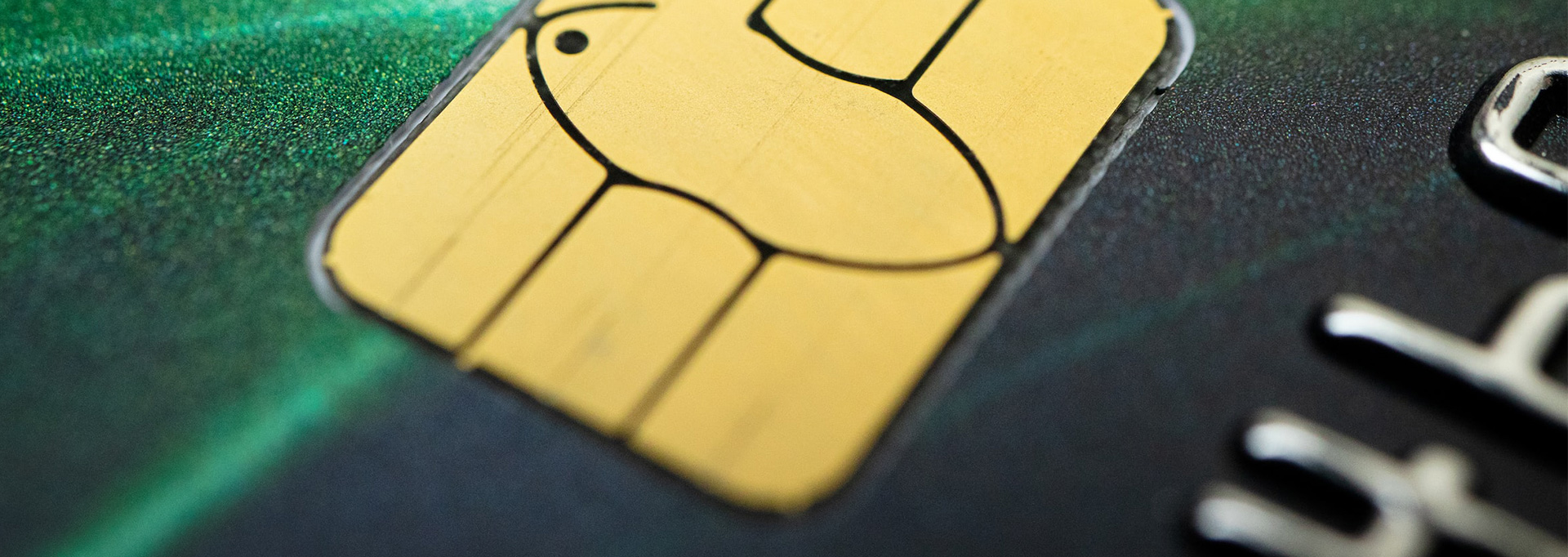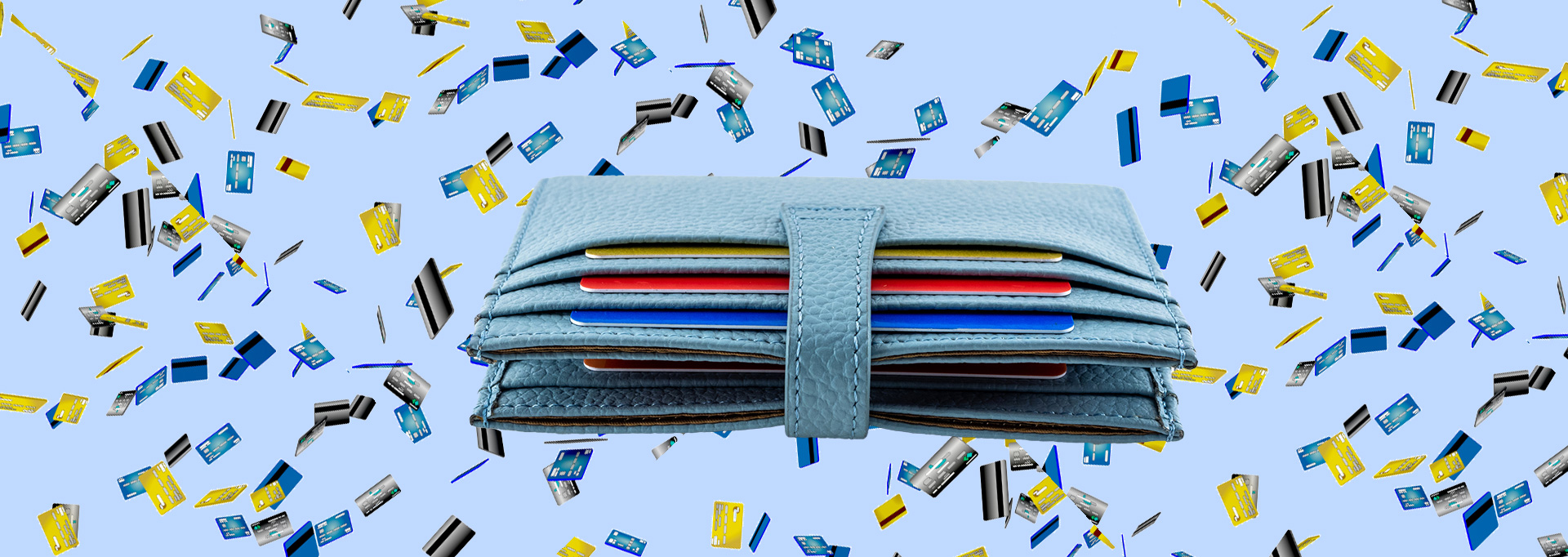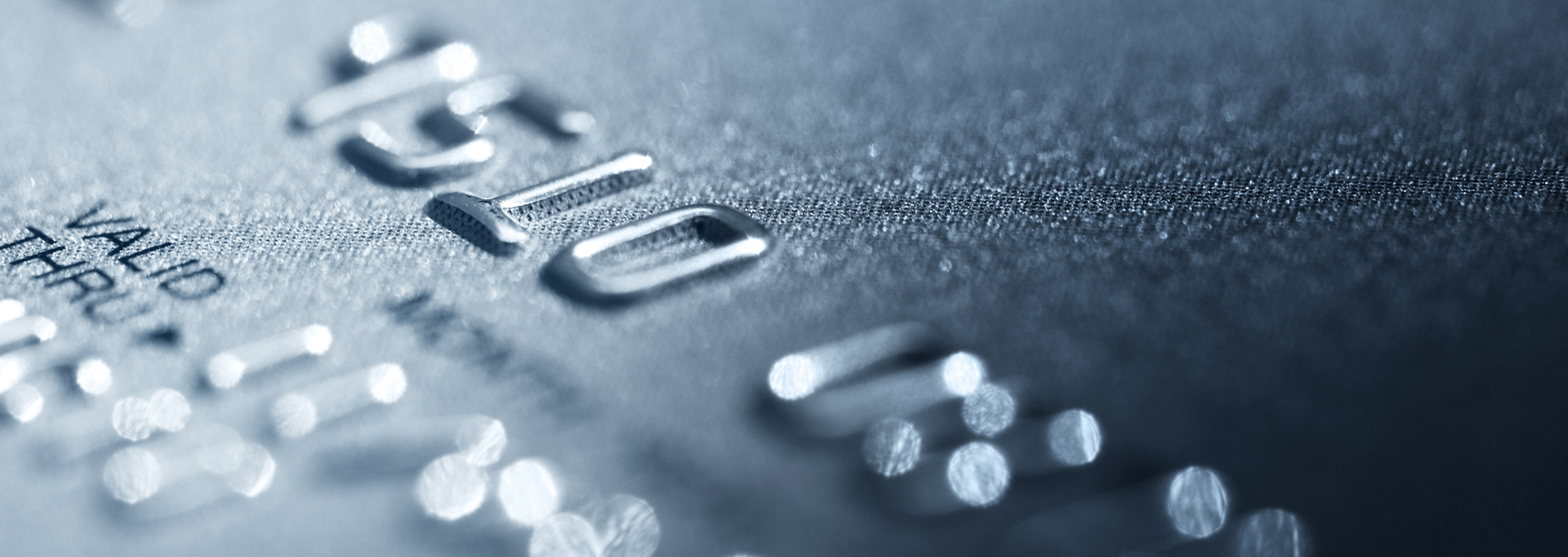Most products on this page are from partners who may compensate us. This may influence which products we write about and where and how they appear on the page. However, opinions expressed here are the author's alone, not those of any bank, credit card issuer, airline or hotel chain.
You may have heard the golden rule about credit card management: Always pay your bill on time and in full. With the average credit card interest rate (on interest-assessing accounts) in August 2023 reported to be almost 23% by the Federal Reserve, interest charges can significantly add up when you carry over a balance. Thankfully, you can avoid credit card interest fees when you pay off your statement balance in full each month. But in addition to paying your balance off each month, when you choose to pay your credit card bill also matters. If you've wondered whether there are advantages to paying off your credit card before the due date, the answer is yes. Here's why.
Benefits of Paying Your Credit Card Early
From a credit score perspective, paying your bill by its due date is a positive move. Paying your credit card bill early, however, could possibly give your credit score an added boost, too. Some of the advantages of paying off a credit card balance early can include:
- Lowers credit utilization: Your credit utilization ratio (aka the balance-to-limit ratio on your credit cards) has a major influence on your FICO® Score. Paying your balance in full or making partial payments before the due date can help to maintain a low credit utilization ratio, which can have a positive effect on your credit score.
- Minimizes interest charges: When you carry over a balance, you'll need to pay interest on it. If you can't pay off your balance in full every month, making even partial payments before the due date can reduce the overall amount you'll have to pay in interest charges.
- Reduces the chance of late fees: While we all try to be diligent with our bills, there may be a time you forget to pay your credit card bill or miss the deadline cutoff time by a few minutes, which can result in a late payment penalty. Paying off a balance in full early can help to minimize this risk.
Best Cash Back Credit Cards
Visit the Marketplace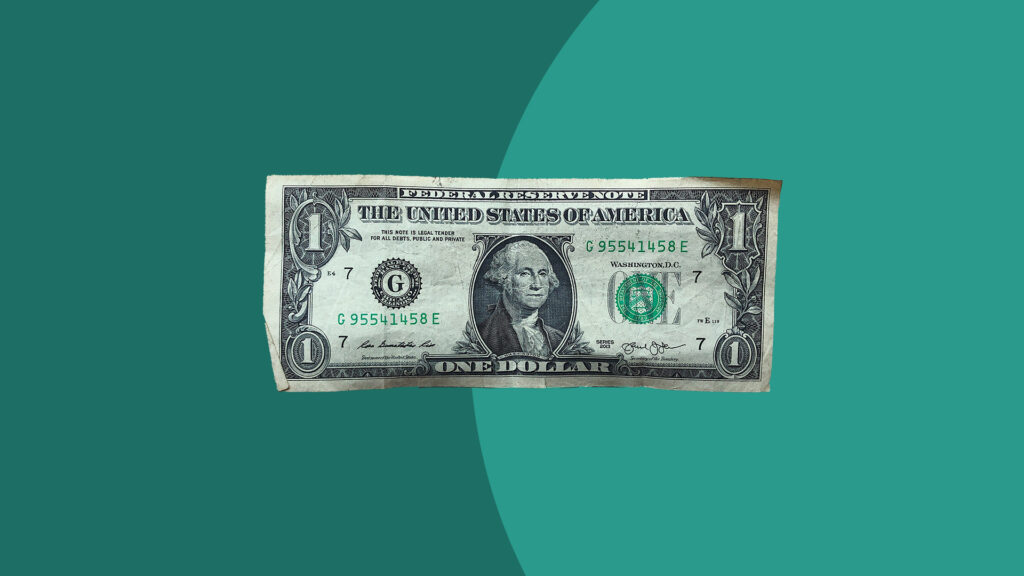
How Credit Reporting Works
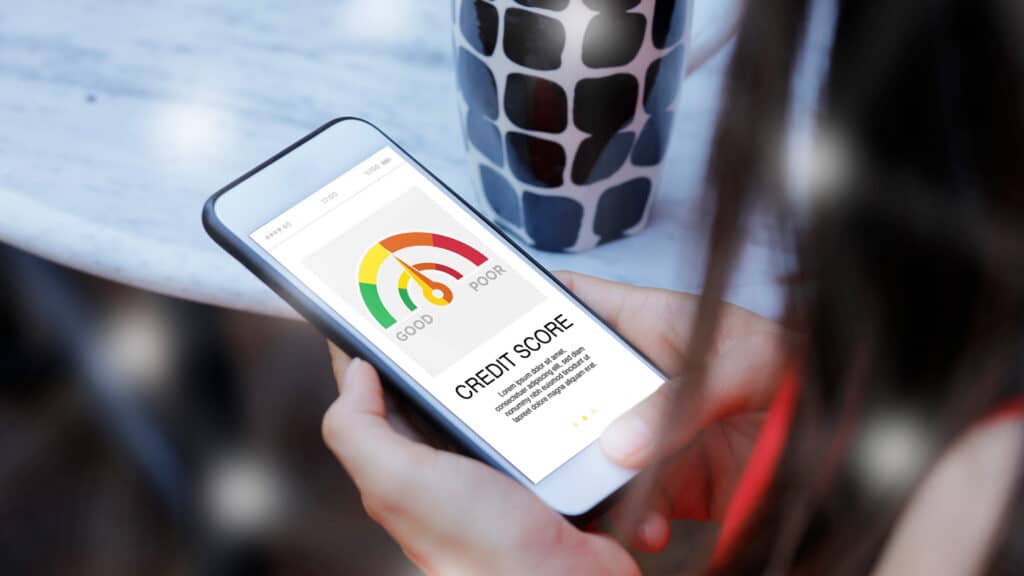
Here's the gist on how credit reporting works: Many creditors send updated account information to the three credit reporting agencies—Equifax, TransUnion and Experian—once a month. With most credit card companies, the monthly credit update happens on or shortly after your statement closing date. And because most card issuers only send updates to the credit bureaus once a month, the balance on your credit report often isn't the same as the current balance on your credit card account.
Statement Balance vs. Current Balance
When you're looking at your credit card statement, you'll see two terms related to your balance; here's what they mean:
- Statement balance: Your credit report usually will show the statement balance from your credit card statement. This is based on the amount you owe your credit card issuer on the final day of your account's billing cycle.
- Current balance: The current account balance is what you see when you log in to your credit card app or online portal. This balance represents how much you owe your card issuer in real time (not including purchases or credits that haven't posted to your account yet).
Quick Tip
From a credit score standpoint, the balance on your credit report matters most. Since your statement balance is usually the amount that appears on your credit report, that’s the figure you want to keep low if you’re trying to maximize your credit score.
How Paying Your Credit Card On Time Impacts Your Credit
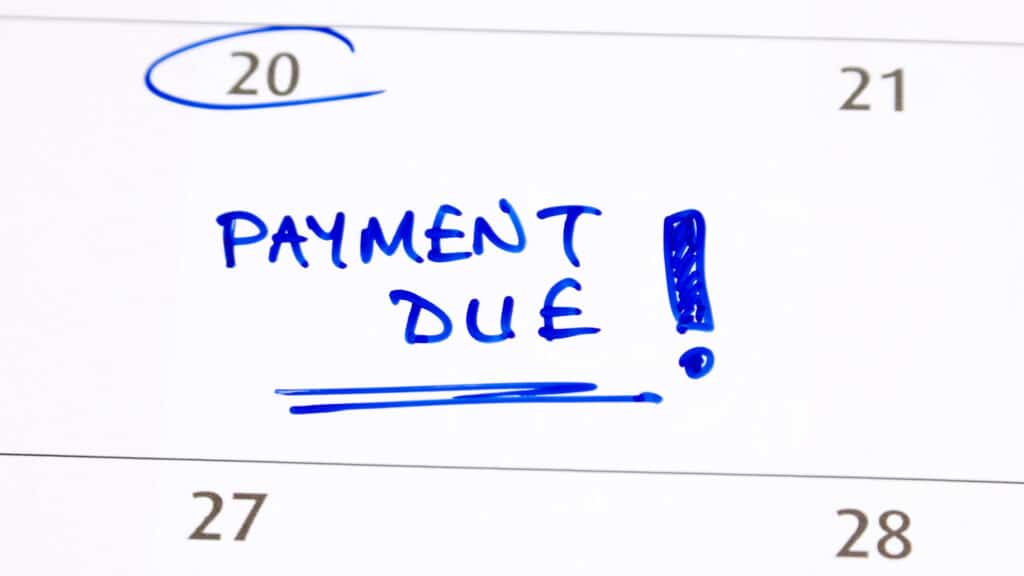
On-time payments are a must if you want to earn and keep a good credit score. With a FICO® Score, payment history matters more than any other factors on your credit report. Your bill-paying habits influence 35% of your FICO Score.
When you pay your credit card bill on the due date, you protect your credit report from late payments. The issue with this approach however, is that your credit report might show that you're using a lot of your credit limit.
Here's why only paying your credit card on the due date can hurt your credit utilization score:
- Your balance on the last day of your the billing cycle is reported: The due date is also called your statement closing date. Your card issuer may report your account balance to the credit bureaus on this date and credit scoring models may use this balance to calculate your credit score. If you only pay your balance once a month on the due date, your accumulated balance will be higher, and this higher number will be reported to credit bureaus.
- Paying on the due date isn't reported as a zero balance: Your payment due date is at least 21 days after the statement closing date. But paying your full outstanding balance on this date doesn't bring the balance on your credit report to zero. Instead, your credit report would continue to reflect the balance you owed on your card when the issuer drafted your current statement. If you make more charges between the due date and your next statement closing date (without paying them off right away), you won't see a zero balance the next time your credit report updates either.
How Paying Your Credit Card Early Impacts Your Credit
To build on this concept, let's take a look at how these steps could play out:
- Say you don't wait until the due date to pay off your credit card balance. Instead, you pay your balance to $0 before your due date.
- When the card issuer creates your credit card statement, your account balance would be zero.
- That zero balance will likely be reported to the credit bureaus as well.
- This zero balance will eventually show up on your credit reports until the next update cycle occurs.
- With a zero balance on your credit report, your credit utilization ratio would also be 0%.
- From a credit scoring perspective, this is great: A 0% credit utilization on a credit card (or—better yet—all of your credit cards) can often improve your credit score.
Other Ways to Lower Your Credit Utilization
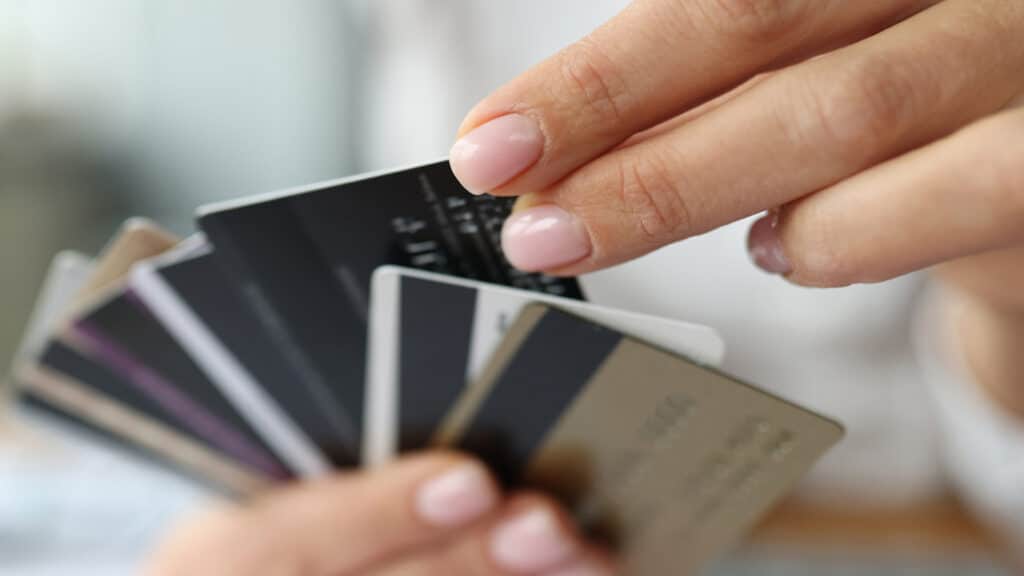
Paying your full credit card balance early is one way to keep your credit utilization rate low. But you can try other strategies to maintain low credit utilization and hopefully better credit scores by extension.
1. Open a New Credit Card
Opening a new credit card should increase your overall credit limit (from all of your accounts combined). If you owe balances on other credit card accounts, the new available credit limit may trigger a decrease in your overall credit utilization rate.
Keep in mind that you need to manage your spending and payments on the new account or it could wind up damaging your credit score in the long run. Only consider opening a new card if you can commit to paying down your credit card balances and avoiding new debt.
2. Consider a Balance Transfer
A balance transfer is another possible way to lower your credit utilization and improve your credit score. And if you use a balance transfer wisely, it might help you get out of debt too.
On top of the benefit of a new account (and new additional credit limit), a balance transfer credit card may come with a 0% or low introductory APR. So, transferring high-interest credit card debt to the new account and taking advantage of that lower rate could potentially save you money.
The real magic happens when you combine a balance transfer with an aggressive debt payoff strategy. If you can start to chip away at your outstanding debt, not only can you save money, but you may also see your credit score increase at the same time.
Pay No Interest for a Limited TimeHere Are the Best Balance Transfer Cards
Visit the Marketplace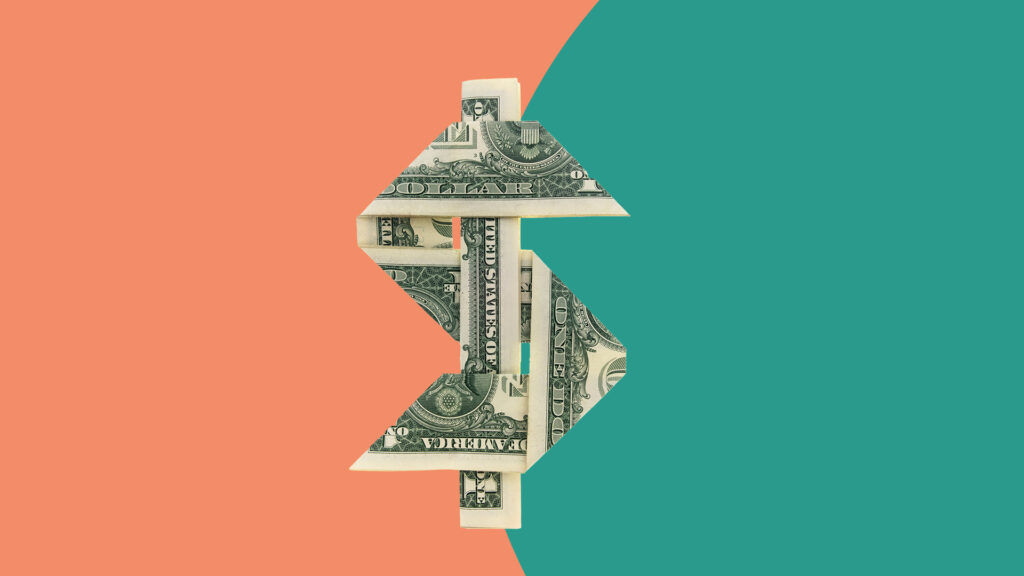
Bottom Line
Paying your credit card bill by the due date is a good habit. However, if your goal is to take your credit score to the next level, you might want to consider the possible benefits of paying your credit card balance off before the last day of your billing cycle.
FAQs
-
Yes, paying off your credit card ahead of time is possible. By doing so, you have the advantage of avoiding interest charges and fees, ultimately leading to savings.
-
A good rule of thumb is to make your payment a couple of days before the due date. This ensures the payment processes in time and if there are any hiccups, you have time to make corrections. Making the minimum payment by the due date ensures that your account remains in good standing and is also a crucial factor in establishing a favorable credit score and credit profile.
-
Purchases made when using your credit card will typically take one to two business days to post to your account. Once that happens you will be able to pay that balance off completely if you wish to do so.
-
Paying before the end of your current billing cycle will reflect a reduced balance on your credit report, as long as you don't make any further purchases. This can improve your credit score by reducing the credit utilization ratio, a key factor in how your credit score is calculated.







